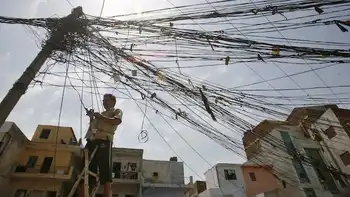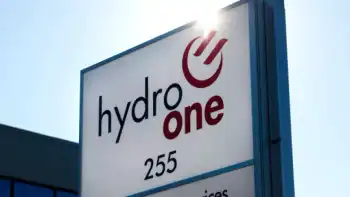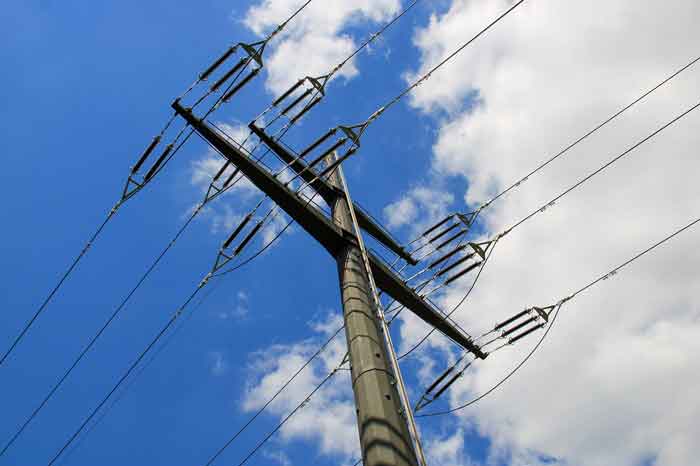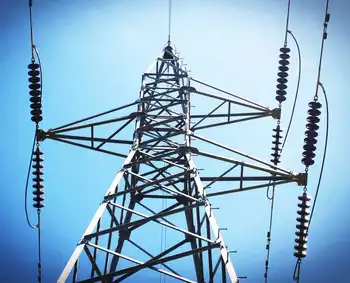Economy minister against new nuclear
Johann Schneider-Ammann, of the pro-business Free Democrats FDP said the initiative to develop 'green' technologies needed to come from the private sector, with the public sector in charge of implementing the right framework.
"Yes it's possible to get out but it will take time, maybe 30 years, until we can do without nuclear power entirely," the newspaper SonntagsZeitung quoted him as saying. "New nuclear power plants are not possible."
"I too am convinced that in the medium term we need a new course away from nuclear power and toward alternatives."
The damage to the Fukushima nuclear power plant in Japan has revived debate about energy policy in Switzerland, where the approvals process for three new nuclear power stations was suspended in March pending a review of safety standards.
Switzerland's five nuclear reactors generate about 40 percent of the country's electricity but some will have to be retired in coming years. Decisions on sites for new plants were due to be made in mid-2012. In a separate interview with the SonntagsZeitung, the head of business lobby economiesuisse said nuclear power was needed until there were enough alternative forms of power, because Swiss energy prices needed to remain competitive.
"We should still continue at the current nuclear power sites with reactors that have been made more secure," President Gerold Buehrer said, adding economiesuisse was supporting water, solar, wind and geo-thermal power.
"An exit from nuclear power is simply not possible for decades."
Related News

OPINION Rewiring Indian electricity
NEW DELHI - India's electricity industry is in a financial and political tangle.
Power producers sit on thousands of megawatts of underutilized plant, while consumers face frequent power cuts, both planned and unplanned.
Financially troubled generators struggle to escape insolvency proceedings. The state-owned banks that have mostly financed power utilities fear that debts of troubled utilities totaling 1.74 trillion rupees will soon go bad.
Aggressive bidding for supply contracts and slower-than-expected demand growth is the root cause. The problems are compounded by difficulties in securing coal and other fuels, high transmission losses, electricity theft and cash-starved distribution companies.
But India's 36 state and union…





